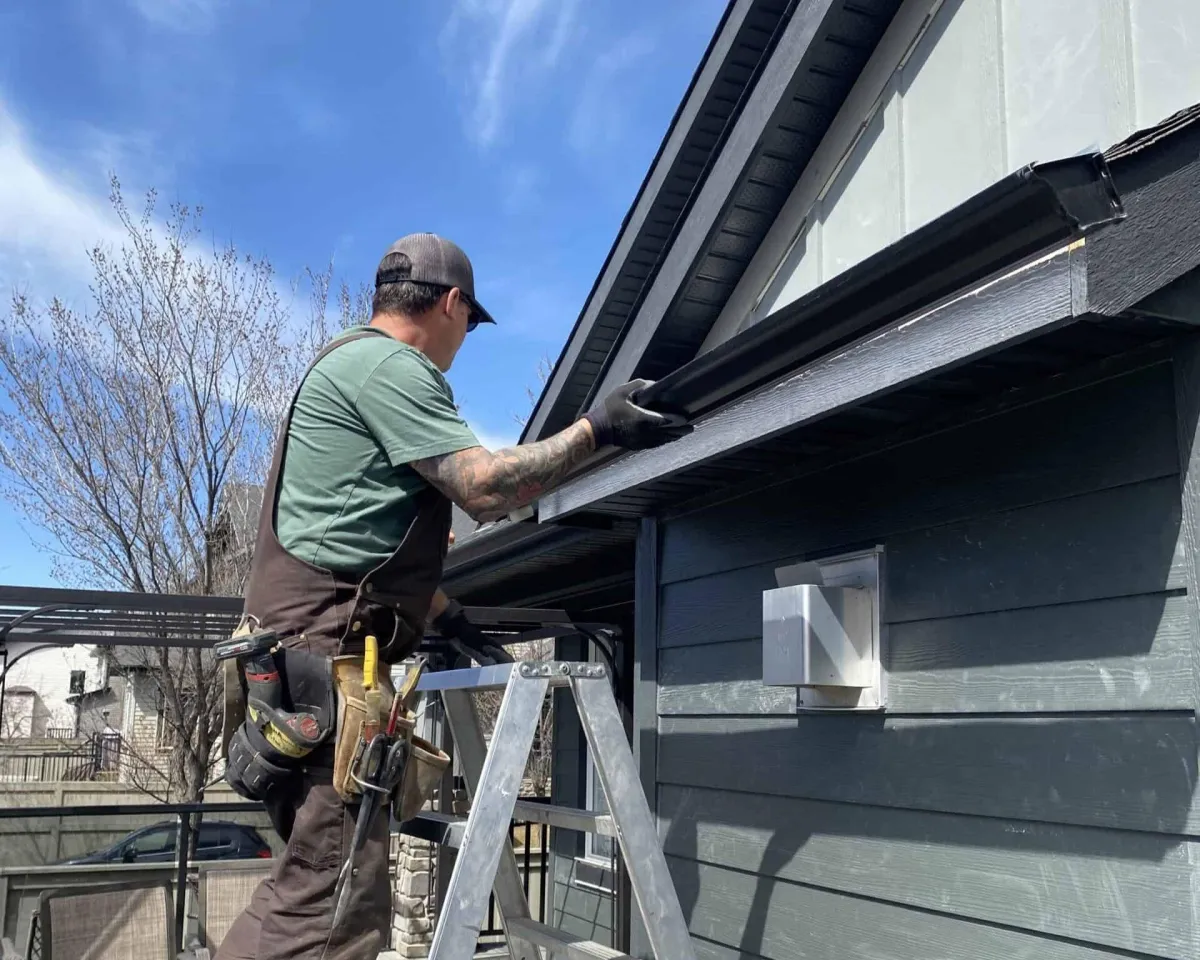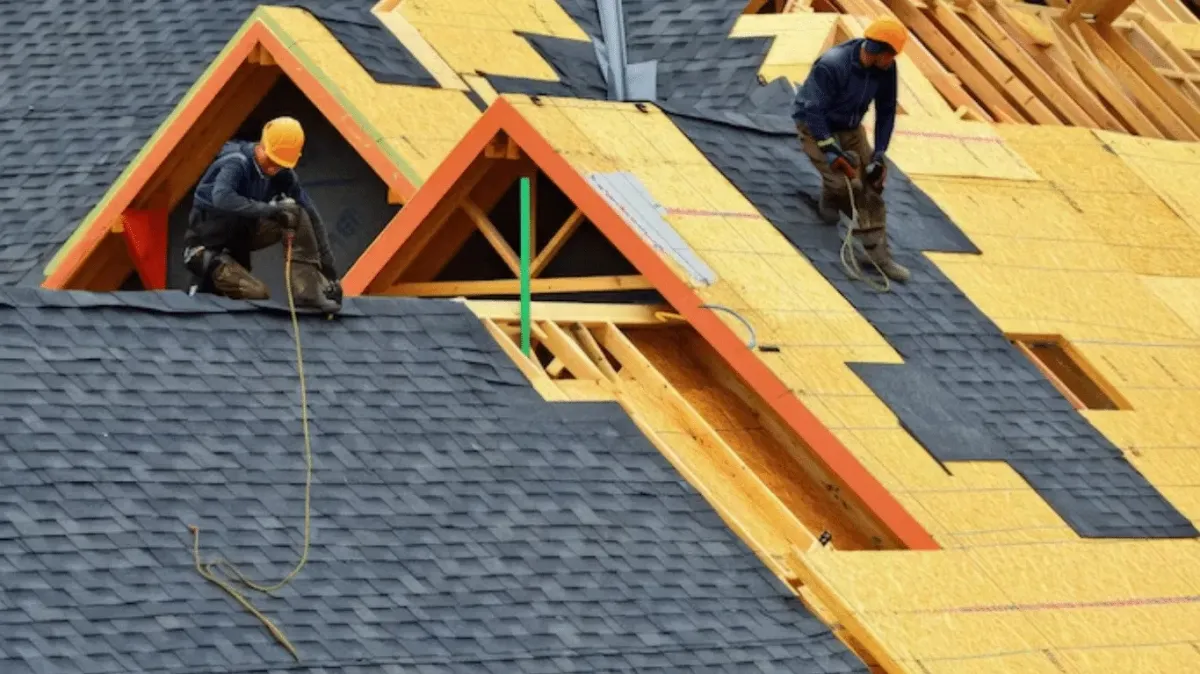
Navigating Commercial Roofing Requirements in Central Kentucky and Surrounding Areas
Understanding commercial roofing requirements in Central Kentucky—including Lexington, Versailles, Georgetown, Nicholasville, Wilmore, Winchester, Richmond, Danville, Lancaster, and Frankfort—is essential for business owners. From building codes to permits, insulation, and contractor certifications, compliance ensures your roof is safe, durable, and energy-efficient. This guide answers key questions and provides actionable steps for managing commercial roofing projects in the region.
How Does the Kentucky Building Code Regulate Commercial Roof Assemblies?
The KBC requires commercial roof assemblies to incorporate proper weather barriers, insulation, membranes, and flashing while using approved materials such as vapor retarders and tapered insulation. Following manufacturer installation guidelines is also essential to maintain warranties. Adhering to these requirements ensures durable, energy-efficient roofs that can withstand Kentucky’s freeze-thaw cycles and heavy rains, protecting buildings in Georgetown, Wilmore, Versailles, and other local towns.
What Are Roof Drainage and Fire Classification Requirements?
Commercial roofs in Kentucky must have proper drainage and meet fire resistance standards. Low-slope roofs are required to maintain a minimum slope to prevent standing water, while secondary overflow systems help manage excess water. Roof membranes must meet Class A, B, or C fire ratings to improve safety and support insurance compliance. These requirements are critical for buildings in Winchester, Danville, Frankfort, and surrounding areas to ensure long-lasting and safe roofing systems.
How Do Local Amendments Affect Commercial Roofing Codes?
Local jurisdictions in Central Kentucky can add specific requirements to the statewide code. For example, Lexington mandates a minimum wind uplift rating of 60 psf, Nicholasville requires sealed, UV-resistant flashing in historic districts, and Richmond enforces annual roof inspections for commercial properties. These amendments enhance regional resilience and affect structural requirements throughout Frankfort, Lancaster, and other surrounding areas.
What Structural Integrity Standards Must Commercial Roofs Meet?
Kentucky commercial roofs must support various loads, including live loads from maintenance traffic, snow loads typical for Climate Zone 4, and wind uplift pressures. Ensuring these load-bearing standards protects roof assemblies and prevents structural failure, benefiting commercial properties in Lexington, Wilmore, Georgetown, and other towns in Central Kentucky.
Do You Need a License or Certification for Commercial Roofing in Kentucky?
Kentucky does not require a statewide roofing license. However, local regulations vary: in Lexington-Fayette, contractors must have a trade license and liability insurance; in Nicholasville, a business license with a contractor designation and surety bond is required; and in Richmond, annual registration with the building department is necessary. KRCA certification provides further validation of a contractor’s expertise, insurance coverage, and knowledge of local codes, ensuring high-quality, compliant work.
What Insurance and Bonding Are Required for Contractors?
KRCA-certified commercial roofing contractors are required to maintain general liability insurance of at least one million dollars per occurrence, statutory workers’ compensation coverage, and a surety bond ranging from five thousand to twenty-five thousand dollars depending on project scale. These protections ensure that property owners in Danville, Lancaster, Frankfort, and surrounding areas are safeguarded during commercial roofing repair projects.
When and How Do You Obtain Commercial Roofing Permits?
Permits are required for full roof replacements, structural changes, and installation of new roofing systems on existing buildings. The process involves preparing detailed roof plans, submitting applications to the local building department, providing proof of contractor license, insurance, and bonding, paying permit fees, and coordinating inspections. Local permitting offices operate differently: Lexington-Fayette offers an online portal with a 5–7 business day review, Nicholasville allows in-person submissions with expedited 3-day review, and Richmond accepts email submissions with a 10-day review period.
What Are Material and Insulation Requirements for Commercial Roofs?
Commercial roofs in Kentucky must meet minimum insulation standards. Insulation above the deck must have an R-value of 25, insulation below the deck requires an R-value of 30, and continuous insulation must meet a minimum of R-15. Different roofing materials have specific code requirements: TPO membranes must be UV-resistant with a Class A fire rating and a 60 psf uplift rating, EPDM must be tested for ponding water suitability, metal roofs often use standing seam systems with high-wind-rated clips, and SPF roofing must be a minimum of two inches thick with a protective coating. Flat roofs must maintain a minimum slope of 1/4 inch per foot, and membranes should be tested for ponding water. Meeting these requirements improves energy efficiency and can qualify building owners for utility incentives.
What Regulations Govern Commercial Roof Repairs and Replacements?
For roof repairs, it is essential to use code-approved flashing, membranes, and sealants while maintaining existing insulation R-values. Full commercial roof replacements require removing all roofing layers down to the deck, installing code-compliant underlayment and insulation, applying approved membranes and flashing, and completing a final inspection to confirm compliance. Ensuring structural calculations and proper plan submissions are part of the process when making any modifications. Following these standards protects the integrity, energy efficiency, and safety of commercial roofs across Central Kentucky and surrounding areas.
Final Thoughts
Navigating commercial roofing requirements in Central Kentucky and surrounding areas can be complex, but understanding building codes, permit processes, material standards, and contractor qualifications is essential for protecting your investment. By partnering with qualified and KRCA-certified contractors, adhering to insulation and structural standards, and following local and state regulations, business owners in Lexington, Nicholasville, Richmond, and nearby towns can ensure durable, energy-efficient, and code-compliant roofs. Proper planning, inspections, and roof maintenance not only extend the life of a commercial roof but also safeguard property, employees, and customers, giving peace of mind for years to come.

Do I need a license to do commercial roofing in Kentucky?
While Kentucky does not require a statewide roofing license, local jurisdictions such as Lexington-Fayette, Nicholasville, and Richmond often mandate contractor registration, proof of insurance, and bonding. Hiring a KRCA-certified contractor ensures compliance and quality workmanship.
What are the building codes for commercial roofs in Kentucky?
Commercial roofs must comply with the 2018 Kentucky Building Code, which is based on the International Building Code. These codes cover roof assemblies, drainage, fire classification, structural load capacities, and insulation requirements to ensure safety and durability.
Are permits required for commercial roof replacements in Central Kentucky?
Yes, permits are required for full roof replacements, structural modifications, and new roof installations. Permits are submitted to the local building department and typically require roof plans, proof of insurance, contractor registration, and permit fees.
What is KRCA certification and why does it matter?
KRCA (Kentucky Roofing Contractors Association) certification validates a contractor’s expertise, knowledge of local codes, and compliance with insurance and bonding requirements. It is a voluntary program that signals high-quality, code-compliant roofing work.
How do insulation requirements affect commercial roofing costs?
Minimum insulation R-values, such as R-25ci above the deck, may increase initial material costs, but these standards improve energy efficiency, reduce long-term operating expenses, and may qualify building owners for utility incentives or rebates.
Address: 128 Swift Run Cv, Nicholasville, KY 40356
Phone: 859-493-8919
Email: [email protected]
